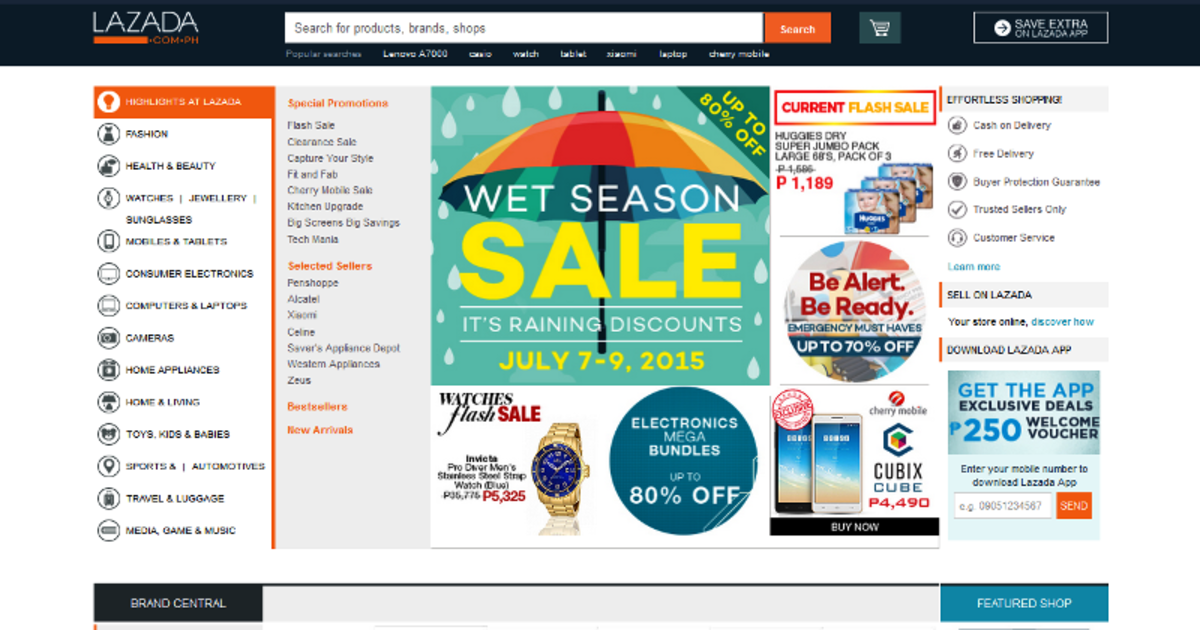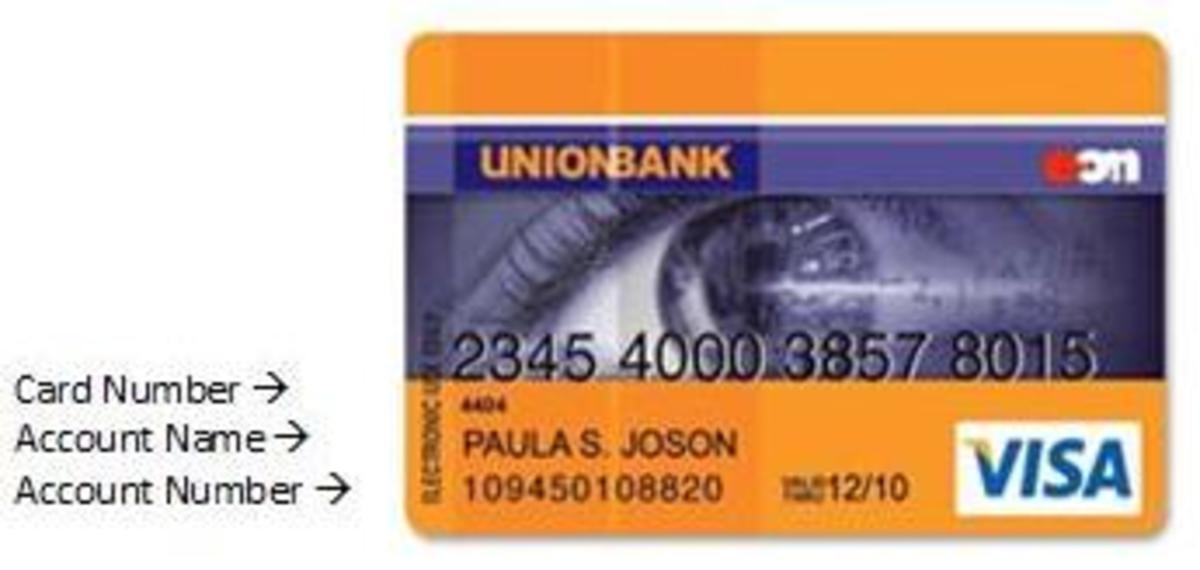Can I Keep My Paypal Account After Bankruptcy?

Since 1998, sending and receiving cash over the internet has been made pretty easier thanks to PayPal. Over time, it has become popular as a secure and reliable means of paying for items online. Since 2002 it has been primarily used to either accept payments or purchase items. However, PayPal is not solely restricted to the above use only; millions around the world are using it today for their daily transactions.
PayPal didn’t begin as the PayPal we know today. It came into existence when X.com, an Internet financial services organization set up an on-line funds transfer called PayPal. Later on, x.com acquired Confinity. This gave the company the competitive advantage to market PayPal and make it acceptable to the whole world. Later on, it was decided that the company would terminate all other internet business and only concentrate with online money transfer. This led to the change of the company’s name from X.com to pay pal. The renamed organization was offered for trade in 2002. E-bay acquired PayPal during the same year making PayPal the first ever dot com company to be offered publicly for trade in the US.
To this end, many still don’t view PayPal accounts as property to them. In some cases individuals will even forget to list it as part of their assets. But individuals need to start taking caution especially when it comes to bankruptcy. Once you are declared bankrupt, the law requires that you declare all assets, sources of income as well as places you have kept your money. This includes anything of asset nature on the earth or below the earth. This includes the banks accounts or online accounts such as PayPal. Some individuals will choose not to disclose amounts in online accounts (PayPal); this will only lead you to more trouble. If either the court or your creditors come to discover this, you would have some additional charges to answer.
While filing for bankruptcy, funds in your PayPal form part of your assets. It is therefore very critical that you have a six months statement of your PayPal account. This is a requirement, whether your account had any changes over that period or not. The statement should capture all the details up to the time when your bankruptcy case was filed.
On reading this, one may think that the six month period transaction history isn’t that necessary. This is a requirement of the law. Remember your attorney need to review all financial transactions over the six months prior to the filling of the bankruptcy case. This provides an overall financial history showing the amount received through your PayPal account over the six months. On the other hand, for audit purposes, the six months PayPal account statement will enable the auditor to carry out his duty with good levels of accuracy.
On the schedule B, section 2 of the bankruptcy form you are required to list the following accounts, savings and other financial accounts, savings and loans, certificates of deposits and shares in bank building and loan, thrift, credit unions and homesteads association. From the above, you are signing that you have listed all your assets appropriately.
It is considered beneficial for one to disclose his/ her PayPal account for bankruptcy purposes. Unless the PayPal account has been indicated as the primary place to keep the funds, such disclosure could be considered when factoring how one will pay back the debts. It is worth noting that, where you provide the PayPal account as your primary account, the same could be used when offsetting one’s debts.
If you have ever owned a PayPal account, it is vital that you disclose the same to your attorney. That is, any PayPal account that was opened prior to the filling of the bankruptcy.
On closer analysis of the PayPal user agreement, you will note that the company assures you of non- disclosure of your account during bankruptcy. However, this doesn’t give you a reason not to disclose your PayPal account. You still need to disclose your accounts. Disclosing all your assets during a bankruptcy case gives you more power over your case. For audit purposes, you will be better placed to answer anything pertaining to any of your properties. On the other hand, you will overcome possible penalties that could result from non- disclosure.





